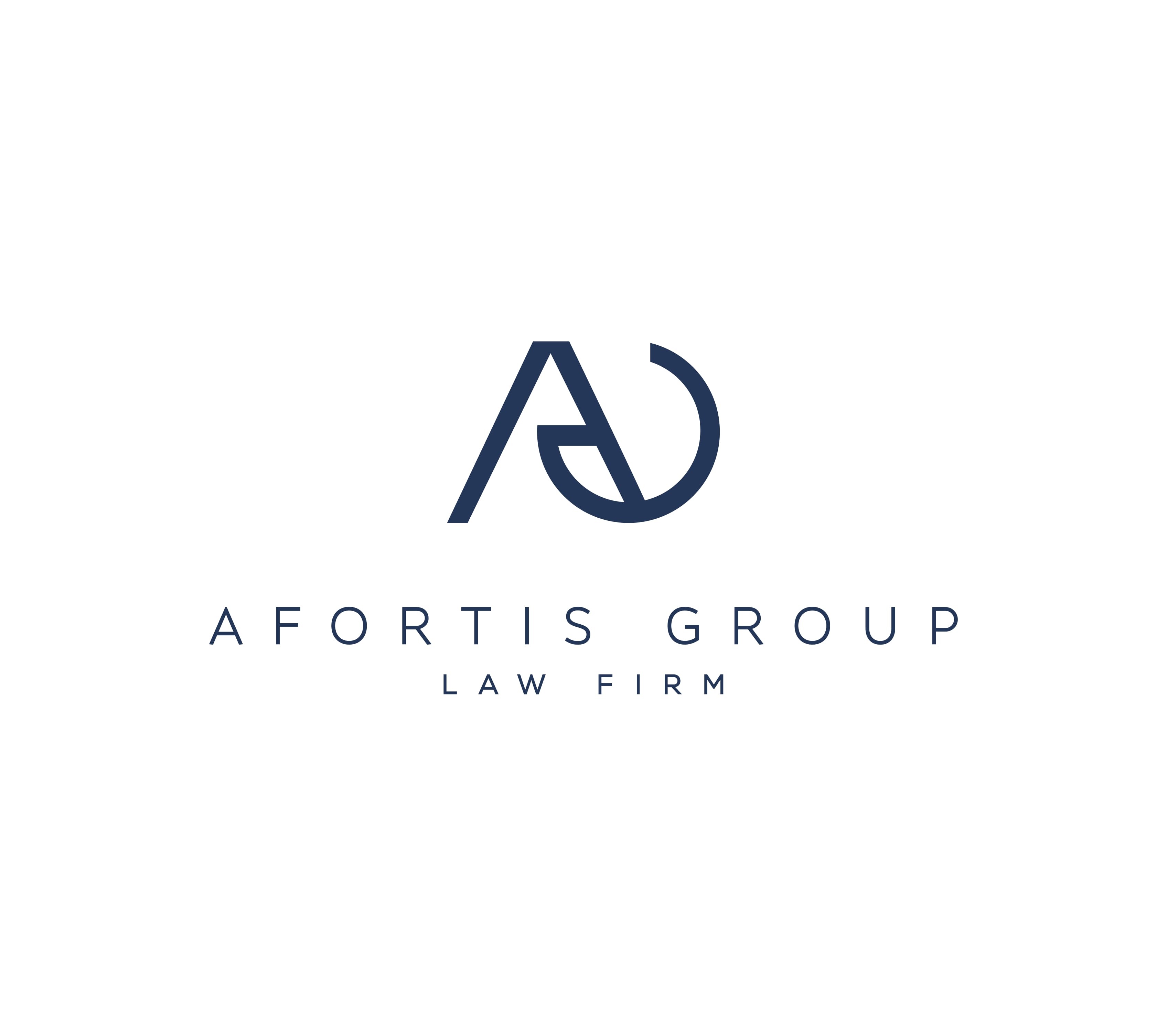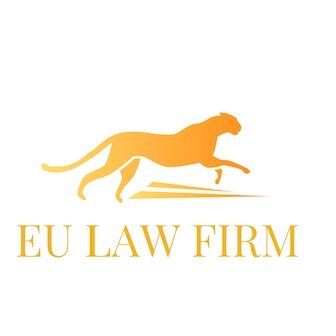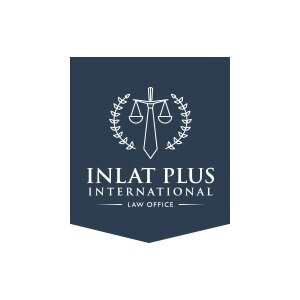Best Citizenship Lawyers in Riga
Share your needs with us, get contacted by law firms.
Free. Takes 2 min.
List of the best lawyers in Riga, Latvia
About Citizenship Law in Riga, Latvia
Citizenship law in Riga, as in the rest of Latvia, is governed by the national legislation of the Republic of Latvia. Citizenship can be acquired by birth, descent, naturalization, or as specified by international agreements. A distinguishing feature of Latvian citizenship law is the concept of "non-citizens". These are individuals who, primarily former Soviet citizens, reside in Latvia but have not acquired any other nationality since 1991 and have not become naturalized Latvian citizens. Non-citizens have certain rights, like residents, but they don’t have the right to vote or work in civil service jobs. The Ministry of Interior and the Office of Citizenship and Migration Affairs are the primary agencies that deal with citizenship matters in Latvia. Understanding the intricacies of citizenship law is important for those who operate within its scope in Riga.
Why You May Need a Lawyer
Individuals may require legal assistance in various situations concerning citizenship law. This includes understanding legal entitlements and obligations for Latvian citizenship, dealing with complex scenarios involving residency, dual citizenship questions, issues of statelessness, appealing decisions on citizenship applications, and ensuring compliance with immigration laws. Additionally, lawyers can provide counsel and representation in matters of citizenship revocation, non-citizen status issues, and navigating the naturalization process including language and constitutional knowledge tests that applicants must pass.
Local Laws Overview
Key aspects of the local laws related to citizenship in Riga and Latvia include: - The entitlement to citizenship by birth to parents who are Latvian citizens. - The possibility for children born after August 21, 1991, to parents who are non-citizens, to be registered as Latvian citizens upon the request of at least one parent. - Criteria and procedures for naturalization, such as minimum residency requirements, language proficiency, and knowledge of the Latvian Constitution and the national anthem. - The concept of dual citizenship under specific circumstances, such as holding citizenship of other EU member states, NATO member states, or countries that have agreements with Latvia. - The preservation of non-citizen status for individuals who have not acquired other citizenship post-Soviet era and conditions for their naturalization. - Rules regarding the renunciation and restoration of Latvian citizenship.
Frequently Asked Questions
Can I obtain Latvian citizenship by descent?
Yes, individuals may obtain Latvian citizenship by descent if at least one of their parents is a Latvian citizen, regardless of their place of birth.
How long do I have to live in Latvia to apply for naturalization?
Generally, the residency requirement for naturalization is not less than ten years, including five years of continuous residency immediately preceding the application.
Is dual citizenship allowed in Latvia?
Latvia allows dual citizenship under certain circumstances, such as with other European Union member states, NATO member states, or countries that have specific agreements with Latvia.
What is the language requirement for obtaining Latvian citizenship?
Applicants must demonstrate proficiency in the Latvian language, which involves passing the state language examination.
What are the rights of non-citizens in Latvia?
Non-citizens have similar rights to citizens, including the right to reside, work, and receive education in Latvia; however, they do not have political rights such as the right to vote.
Can a non-citizen become a Latvian citizen?
Non-citizens can apply for Latvian citizenship through naturalization, provided they meet certain requirements, such as residency, language proficiency, and understanding of the Latvian constitution.
What happens if my citizenship application is rejected?
If your citizenship application is rejected, you have the right to appeal the decision and may benefit from the assistance of a lawyer.
Do children born in Latvia automatically become citizens?
No, not all children born in Latvia automatically become citizens. It depends on the citizenship status of their parents. Children of non-citizens have the right to be registered as Latvian citizens upon their parents' request.
How do I prove my Latvian descent for citizenship?
Documentation such as birth certificates, parents' passports, and other ancestry records is required to prove Latvian descent for citizenship.
Can I have a legal representation during the naturalization process?
Yes, you are entitled to have legal representation during the naturalization process to assist with paperwork and preparations for tests and interviews.
Additional Resources
For individuals seeking further information on citizenship in Riga, Latvia, the Office of Citizenship and Migration Affairs (PMLP) is the principal government body dealing with citizenship matters. The Ministry of Foreign Affairs can also be helpful, particularly for matters concerning Latvian citizenship abroad. Additionally, there are non-governmental organizations that provide support and advocate for non-citizens and stateless persons' rights.
Next Steps
If you require legal assistance with citizenship matters in Riga, it would be beneficial to contact a qualified lawyer who specializes in immigration and citizenship law. They can provide personalized advice in line with current laws and procedures. Initially, gathering all relevant personal documents will be essential, followed by arranging a consultation with your chosen legal expert to discuss your specific circumstances and determine the best course of action to take regarding your citizenship status.
Lawzana helps you find the best lawyers and law firms in Riga through a curated and pre-screened list of qualified legal professionals. Our platform offers rankings and detailed profiles of attorneys and law firms, allowing you to compare based on practice areas, including Citizenship, experience, and client feedback.
Each profile includes a description of the firm's areas of practice, client reviews, team members and partners, year of establishment, spoken languages, office locations, contact information, social media presence, and any published articles or resources. Most firms on our platform speak English and are experienced in both local and international legal matters.
Get a quote from top-rated law firms in Riga, Latvia — quickly, securely, and without unnecessary hassle.
Disclaimer:
The information provided on this page is for general informational purposes only and does not constitute legal advice. While we strive to ensure the accuracy and relevance of the content, legal information may change over time, and interpretations of the law can vary. You should always consult with a qualified legal professional for advice specific to your situation.
We disclaim all liability for actions taken or not taken based on the content of this page. If you believe any information is incorrect or outdated, please contact us, and we will review and update it where appropriate.














